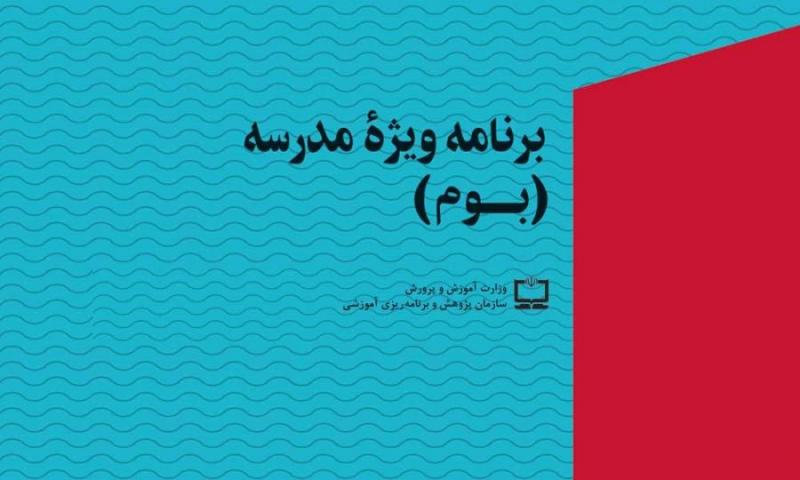
Almost the entire school principals believe that BOOM Project is necessary in our schools as the new generations of students require practical training and life skills and that it is not enough for them to merely learn school textbooks.
Although during the corona pandemic, it has experienced many limitations, the project has been seriously pursued in some schools. They have designed certain solutions to implement it and have been successful in this regard.
Ms. Bekherad, the principal of ٍExceptional Talents School of Dr. Adeli in City of Behbahan has achieved a great success in carrying out the program.
In an Interview with OERP, she said, “As I am the principal of Exceptional Talents School, I thought that this institution features a title and specific social status has been defined for it. Thus, it is necessary for its students to be educated according to this status.”
“So, from 2014 we implemented this project along with textbooks; in this regard, we set up classes such as articulation, entrepreneurship and so forth. Last year our school hosted Students’ Waste Conference for the first time in the whole country and it was received very well.”
“Last year, the whole teachers at our school experienced 60 hours of teaching in BOOM Project. I also invited startups to come to our schools three or four years ago since it is my heartfelt belief that students should get familiar with these places.”
“Organization for Educational Research and Planning ought to make this project part of the schools curriculum and take it out of its present optional state because, currently, there is no extracurricular space in schools.”
Furthermore, Sayed Marzieh Shoaei Langari, teacher and presenter of BOOM Project and Head of Education Department of Second Elementary School in Province of Mazandaran, said, “last year, 305 primary schools hosted the project. The first year of its implementation was for practice so that principals could carry out the program step by step, identify its weaknesses and strengths along the way and eliminate them for future years.”
“In most schools, families received the project very well and took part in better promoting the program. Many families were, also, involved in the project with their children.”
Referring to the impact of corona on the program, she noted, “Most of our last year’s programs remained unfinished. Some topics such as reading could be covered in cyberspace but those like growing flowers and selling them in March remained unfinished. Also, no exhibitions for festivals were held; thus, principals could not evaluate the program.”
She maintained, “But this academic year, since the schools were online from the beginning, a variety of virtual activities have been considered and are underway.”
“This year, based on the experiences of the previous year, topics were selected that can be implemented in cyberspace.”
“The corona outbreak and the closure of schools provided an opportunity for principals to run the program without worrying about lack of physical space as well as that of training hours.”
“At this period, the greatest emphasis was on teaching various types of software, teaching content production, media literacy, home sports training, anger management techniques, financial literacy and so forth,” she concluded.

Add new comment